Enter a surname, town name or other keyword to search the database. Remember to
allow for the different spellings of 'Mc' and 'Mac.' Good luck!
{Search tips: Use single word search terms for more results}
You must enter some valid character(s) into the search field
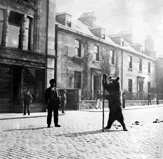
Reference: 25429
Travelling groups of musicians...
|
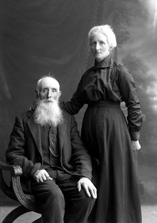
Reference: 21656
Portrait. #...
|
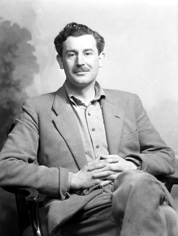
Reference: 40813b
Lord Lovat. Brigadier Simon Ch...
|
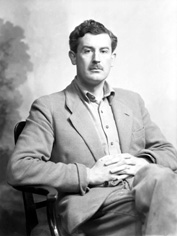
Reference: 40813a
Lord Lovat. Brigadier Simon Ch...
|
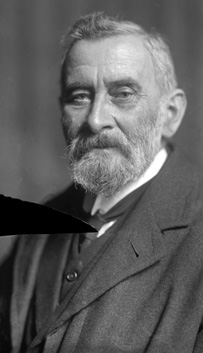
Reference: 17255
James Barron of The Inverness ...
|
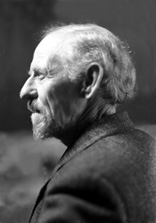
Reference: 44494e
Harry Tinney....
|
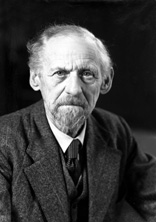
Reference: 44494d
Harry Tinney....
|
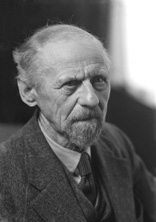
Reference: 44494c
Harry Tinney....
|
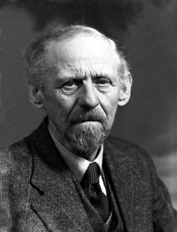
Reference: 44494b
Harry Tinney....
|
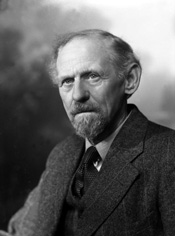
Reference: 44494a
Harry Tinney. ...
|
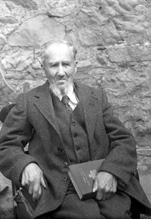
Reference: 26107b
Mr Mackay. The book he is hold...
|
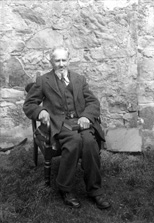
Reference: 26107a
Mr Mackay. The book he is hold...
|